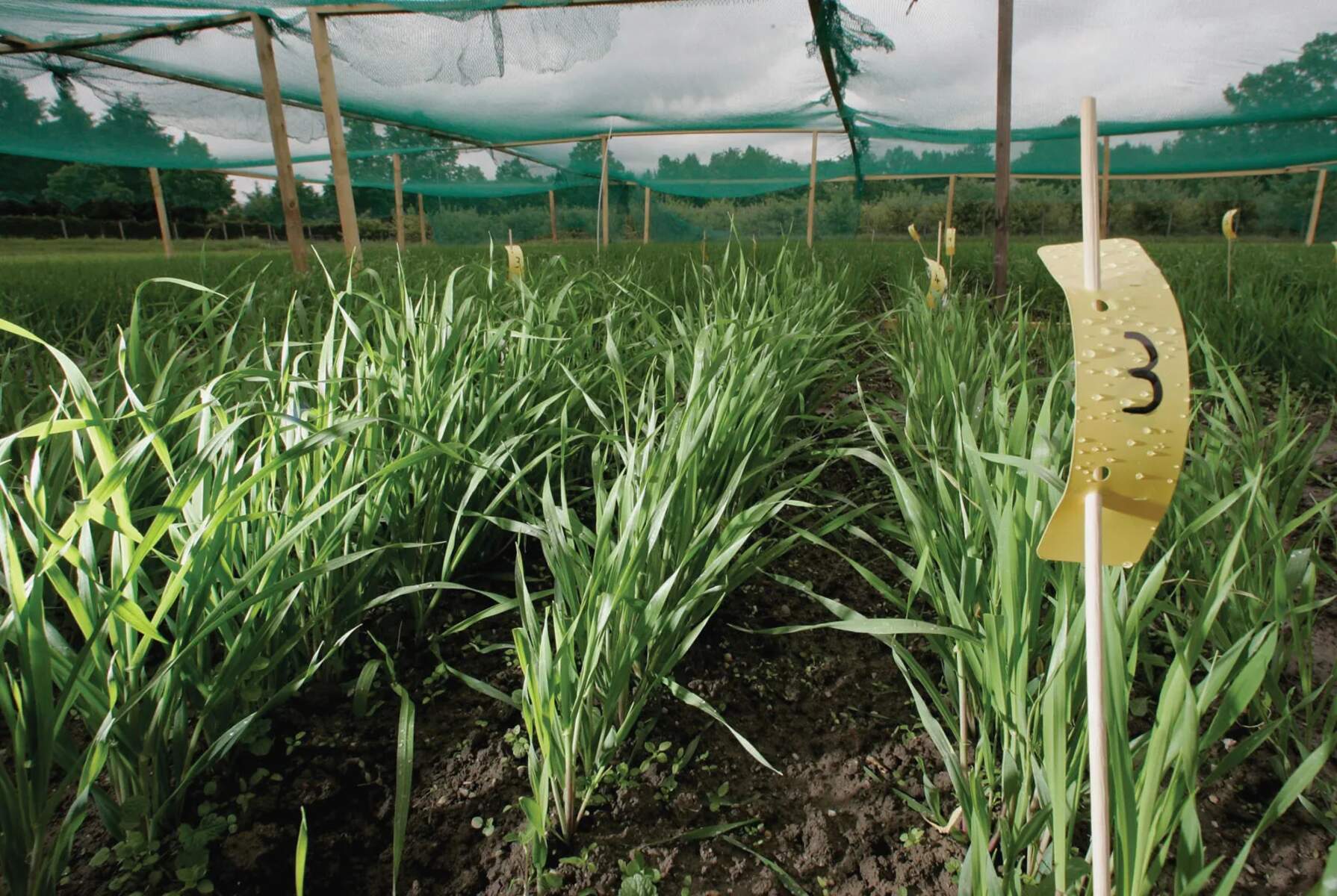
Genetically modified crops, often referred to as GM crops or GMOs (genetically modified organisms), have been a topic of hot debate and controversy in recent years. These crops are created through genetic engineering techniques, where specific genes are inserted into the plant’s DNA to enhance desirable traits such as pest resistance, herbicide tolerance, or improved nutritional content.
While opinions about genetically modified crops may vary, there is no denying the significant impact they have had on the agricultural industry and global food supply. In this article, we will delve into eight unbelievable facts about genetically modified crops that will shed light on their potential benefits, risks, and the future of agriculture.
Key Takeaways:
- Genetically modified crops have been around for over 25 years, offering solutions to food shortage issues by increasing crop yield, improving nutritional content, and reducing susceptibility to pests and diseases.
- Genetically modified crops can promote sustainable agriculture by reducing the need for chemical inputs, increasing crop yields, and improving resource efficiency, offering a viable solution for meeting the global demand for food.
Genetically modified crops have been around for over 25 years.
Did you know that scientists have been working on genetically modifying crops since the early 1990s? It all started with the development of the first genetically modified tomato, known as the Flavr Savr, which was approved for consumption in Since then, genetically modified crops have become increasingly common, with varieties such as corn, soybeans, and cotton being widely cultivated.
Genetically modified crops can help address global food security.
With the world’s population projected to reach 9.7 billion by 2050, the demand for food is steadily increasing. Genetically modified crops offer potential solutions to food shortage issues by increasing crop yield, improving nutritional content, and reducing susceptibility to pests and diseases. They have the potential to enhance food production and ensure a more sustainable future.
Genetically modified crops undergo rigorous safety assessments.
Before genetically modified crops can be approved for commercial cultivation or consumption, they go through extensive safety assessments. These assessments evaluate the potential risks and benefits, assessing factors such as allergenicity, toxicity, and environmental impact. Regulatory bodies, such as the FDA in the United States and the European Food Safety Authority in Europe, carefully scrutinize the safety data before granting approval.
Genetically modified crops can reduce the need for chemical pesticides.
One of the advantages of genetically modified crops is their potential to reduce the dependence on chemical pesticides. By introducing traits that make plants resistant to pests and diseases, genetically modified crops can minimize the need for harmful chemical sprays. This not only benefits the environment but also reduces the exposure of farmers to toxic substances.
Genetically modified crops can be engineered for improved nutritional content.
Scientists are continually exploring ways to enhance the nutritional content of crops through genetic modification. For example, genetically modified golden rice was developed to combat vitamin A deficiency, which is a leading cause of childhood blindness in developing countries. By modifying the genes responsible for biosynthesis, golden rice contains higher levels of beta-carotene, the precursor to vitamin A.
Genetically modified crops can withstand harsh environmental conditions.
In regions prone to drought, flooding, or extreme temperatures, genetically modified crops can offer resilience. Through genetic modification, crops can be engineered to withstand these challenging conditions, ensuring stable yields even in adverse environments. This trait has the potential to safeguard food production in areas affected by climate change.
Genetically modified crops can improve crop quality and shelf life.
Genetic modification techniques can be used to enhance the quality and shelf life of crops. For instance, fruits can be modified to delay ripening, reducing spoilage and extending their shelf life. This can help reduce food waste and improve the profitability of farmers.
Genetically modified crops can promote sustainable agriculture.
By reducing the need for chemical inputs, increasing crop yields, and improving resource efficiency, genetically modified crops have the potential to promote sustainable agricultural practices. They offer a viable solution for meeting the global demand for food while minimizing the negative environmental impacts associated with conventional farming methods.
Conclusion
Genetically modified crops have revolutionized the world of agriculture in many ways. They have offered numerous benefits such as increased crop yield, enhanced nutritional content, and improved resistance to pests and diseases. However, it is essential to approach this technology with caution and consider the potential environmental and health impacts.
As with any scientific advancement, it is important to stay informed and understand both the advantages and concerns associated with genetically modified crops. By doing so, we can make educated decisions regarding their use and pave the way for a sustainable and food-secure future.
FAQs
1. What are genetically modified crops?
Genetically modified crops, also known as GMOs (genetically modified organisms), are plants that have been altered by modifying their DNA through genetic engineering techniques.
2. Why are genetically modified crops created?
Genetically modified crops are created to exhibit specific traits that improve crop productivity, nutritional value, resistance to pests, diseases, and environmental conditions.
3. Do genetically modified crops pose any health risks?
Extensive scientific studies have shown that genetically modified crops are safe to consume. Regulatory bodies ensure that all genetically modified crops go through rigorous testing before they are approved for commercial use.
4. Are genetically modified crops harmful to the environment?
While genetically modified crops may have certain environmental benefits, such as reducing the need for chemical pesticides, there are concerns regarding the potential impact on biodiversity and the development of resistance in pests and weeds.
5. Are genetically modified crops labeled?
Labeling requirements for genetically modified crops vary by country. Some regions have mandatory labeling laws, while others have voluntary labeling or no labeling requirements at all.
6. Can genetically modified crops crossbreed with non-GMO crops?
Although rare, there is a possibility of gene flow between genetically modified crops and their non-GMO counterparts. However, strict regulations and buffer zones are implemented to minimize the chances of crossbreeding.
7. Can genetically modified crops solve world hunger?
While genetically modified crops have the potential to increase food production, addressing world hunger requires a multi-faceted approach that includes sustainable farming practices, improved distribution systems, and social and economic considerations.
8. Are there any alternatives to genetically modified crops?
Yes, there are alternative approaches to genetically modified crops, such as traditional breeding techniques, organic farming methods, and advancements in agroecology and sustainable agriculture practices.
Genetically modified crops have revolutionized agriculture, but there's still much to learn. Biotechnology holds countless intriguing facts waiting to be explored. Genetic modification is shrouded in enigmatic details that will leave you astounded. Gene editing is a cutting-edge field with astonishing facts that will change your perspective on what's possible.
Was this page helpful?
Our commitment to delivering trustworthy and engaging content is at the heart of what we do. Each fact on our site is contributed by real users like you, bringing a wealth of diverse insights and information. To ensure the highest standards of accuracy and reliability, our dedicated editors meticulously review each submission. This process guarantees that the facts we share are not only fascinating but also credible. Trust in our commitment to quality and authenticity as you explore and learn with us.


